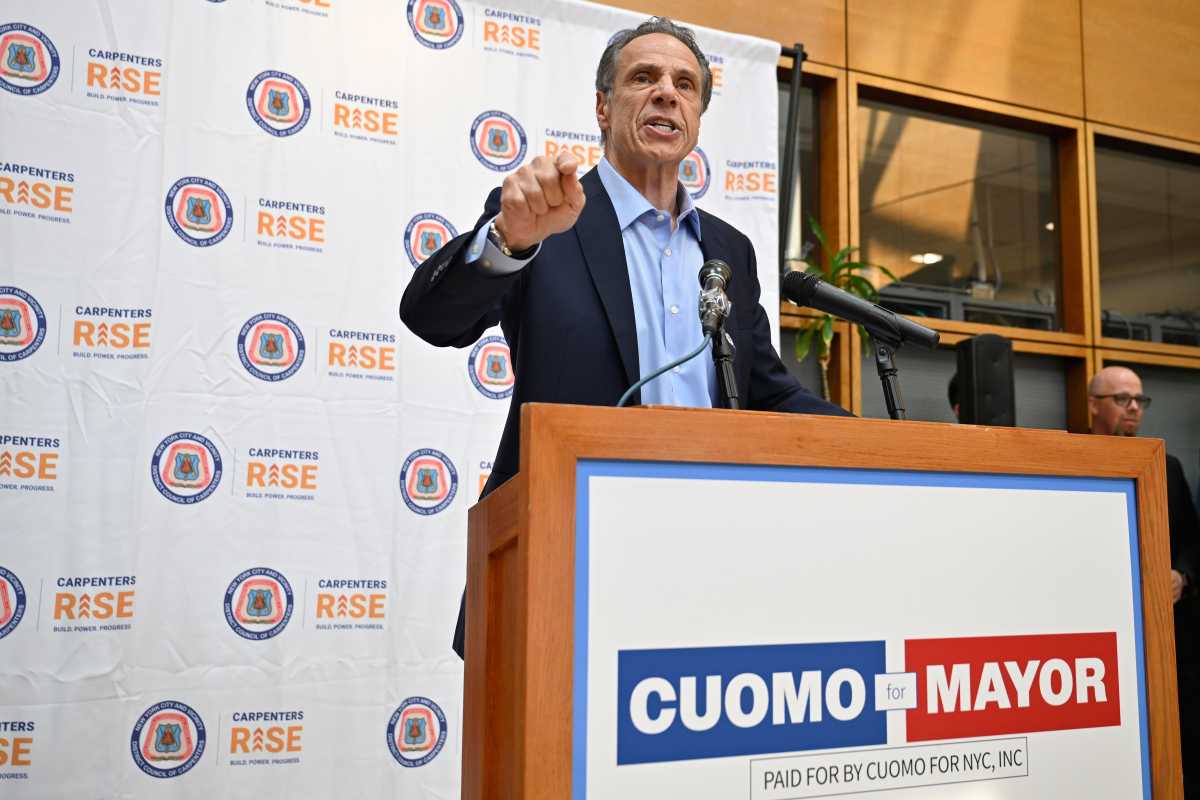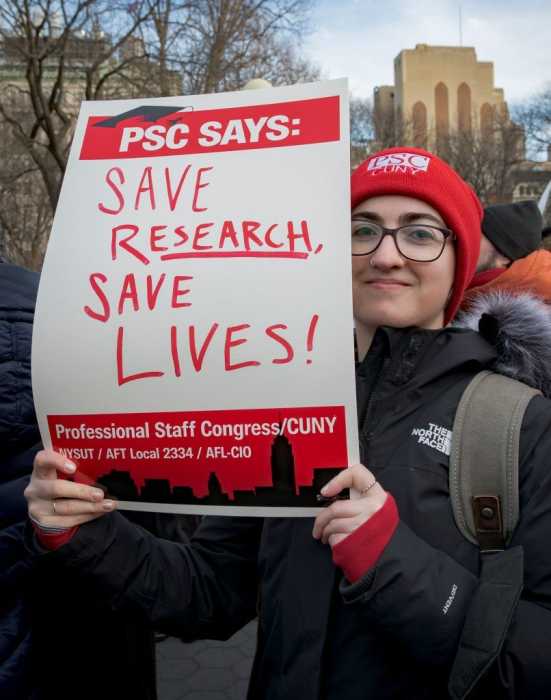By Prem Calvin Prashad
After months of ambiguity, the Trump administration bowed to its “nationalist” wing and declined to reauthorize the DACA program. The program, instituted in 2012 by the executive order of the Obama administration, protects approximately 800,000 young people from deportation.
The program does not confer a legal status, but rather provides a protection against immigration enforcement and the authorization to work or attend school. The order came on the heels of Congress failing to reach a compromise on the DREAM Act. Beneficiaries of DACA are sometimes also known as “Dreamers.”
The Trump administration had until Sept. 5 to determine whether they would continue the program. On that day, Trump declined to address the nation directly, instead opting to tweet that the responsibility was Congress’s to act, while sending Attorney General Jeff Sessions to announce the decision.
Sessions, a longtime opponent of immigration, both legal and otherwise, accused Dreamers of “taking jobs” from native-born Americans which was leading to an increase of unaccompanied minors seeking to cross the southern border. These minors, of course, barring a major expansion of the eligibility requirements of the program, would never be eligible for this protection.
The standards for DACA were exceptionally high. In exchange for a two-year, renewable work permit and stay of deportation, recipients would have had to been born no later than 1981, have lived continuously in the U.S. since 2007, have completed high school/GED or served in the armed forces, and have not committed a felony or serious misdemeanor. Dreamers had to provide a $495 application fee (with an additional $575 to have the right to travel) and a host of documentation. DACA represents an exceptionally narrow segment of undocumented persons living in America, yet are among those with the most compelling reasons for remaining in the country, rather than facing deportation to a country that they likely have never known.
DACA was controversial from the start, and subject to legal action from several Republican state attorneys. Those states, led by Texas, filed a suit against the federal government, alleging that the program was unconstitutional and represented an overreach by the executive branch. Obama has since noted that his administration, in the absence of action from a gridlocked Congress, moved to protect this narrow slice of the undocumented. Congress’ lack of action on immigration reform since then has seemingly validated the former president’s view.
Congressional Republicans have been uneasy at the prospect of opening Dreamers up to deportation. Not only would this constitute a betrayal of the promises made by the federal government, it also stands as a massive political liability. Not all in Congress are agonizing over this decision. Noted immigration hardliner Steve King (R-Iowa) celebrated the end of DACA and opined that the forced deportation of the Dreamers would constitute an “involuntary Peace Corps,” whereas the deportees would spread “American values” in their new countries. The Peace Corps, a 1961 program that sent young American volunteers around the world in missions of goodwill, represented a nation looking outward, invested in the stability of the world. This would potentially be the opposite.
Much has been made of the “economic” impact of these young people. Additionally, many have framed their defense of the program around the fact that young people have no choice whether they are brought into the country legally. While both arguments are compelling, neither measure the human element – both the desperation of parents that take extraordinary risks to have a better life for their children, as well as the basic right of these young people to remain in the only country they’ve known. Perhaps it’s too much to ask Americans to consider appeals based on humanity, rather than economics or assigning fault. However, at its core, these 800,000 young people are American in everything but citizenship. It behooves Congress to act during this abdication of responsibility from the Trump administration.
*This column was written before President Trump reversed his stand on DACA




































